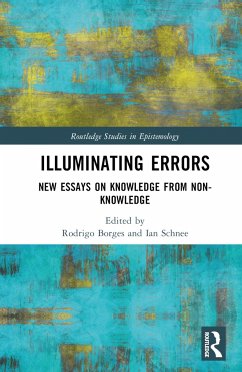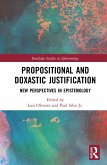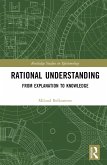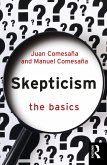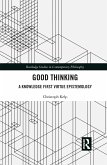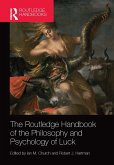This is the first collection of essays exclusively devoted to knowledge from non-knowledge and related issues. It features original contributions from some of the most prominent and up-and-coming scholars working in contemporary epistemology.
There is a nascent literature in epistemology about the possibility of inferential knowledge based on premises that are, for one reason or another, not known. The essays in this book explore if and how epistemology can accommodate cases where knowledge is generated from something other than knowledge. Can reasoning from false beliefs generate knowledge? Can reasoning from unjustified beliefs generate knowledge? Can reasoning from gettiered beliefs generate knowledge? Can reasoning from propositions one does not even believe generate knowledge? The contributors to this book tackle these and other questions head-on. Together, they advance the debate about knowledge from non-knowledge in novel and interesting directions.
Illuminating Errors will be of interest to researchers and advanced students working in epistemology and philosophy of mind.
There is a nascent literature in epistemology about the possibility of inferential knowledge based on premises that are, for one reason or another, not known. The essays in this book explore if and how epistemology can accommodate cases where knowledge is generated from something other than knowledge. Can reasoning from false beliefs generate knowledge? Can reasoning from unjustified beliefs generate knowledge? Can reasoning from gettiered beliefs generate knowledge? Can reasoning from propositions one does not even believe generate knowledge? The contributors to this book tackle these and other questions head-on. Together, they advance the debate about knowledge from non-knowledge in novel and interesting directions.
Illuminating Errors will be of interest to researchers and advanced students working in epistemology and philosophy of mind.
"This book is unique in that it takes a highly focused set of questions that revolve around knowledge from non-knowledge and advances discussion of these questions from the perspectives of hinge-epistemology, anti-luck approaches to knowledge involving both safety and sensitivity constraints, virtue-theoretic epistemology, and knowledge-first approaches that emphasize the roles knowledge plays in licensing both theoretical and practical inferences."
Aaron Rizzieri, Coconino Community College
Aaron Rizzieri, Coconino Community College

